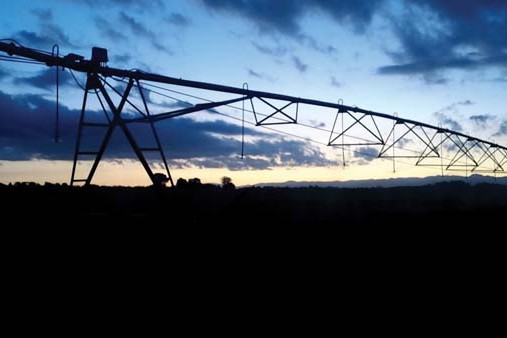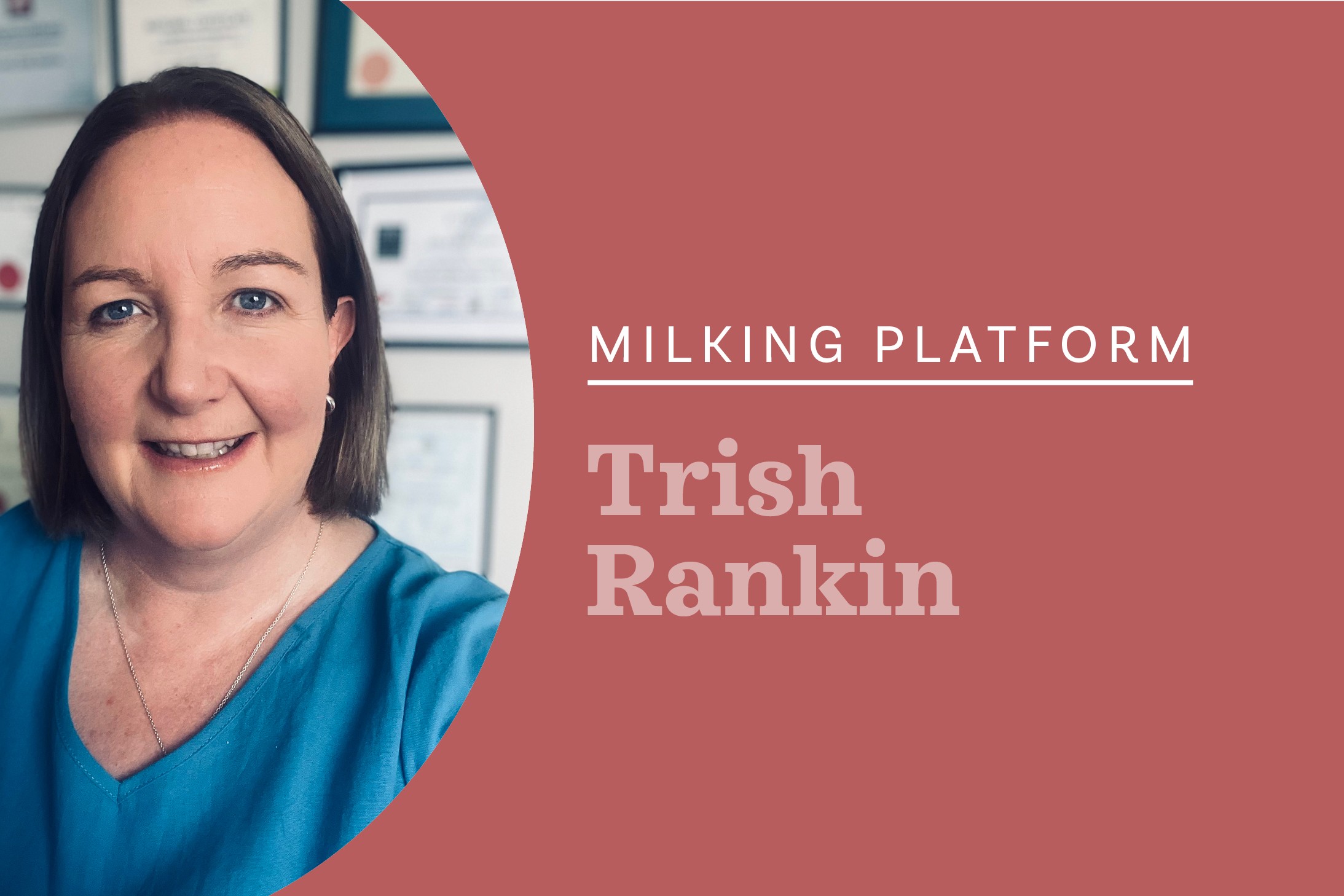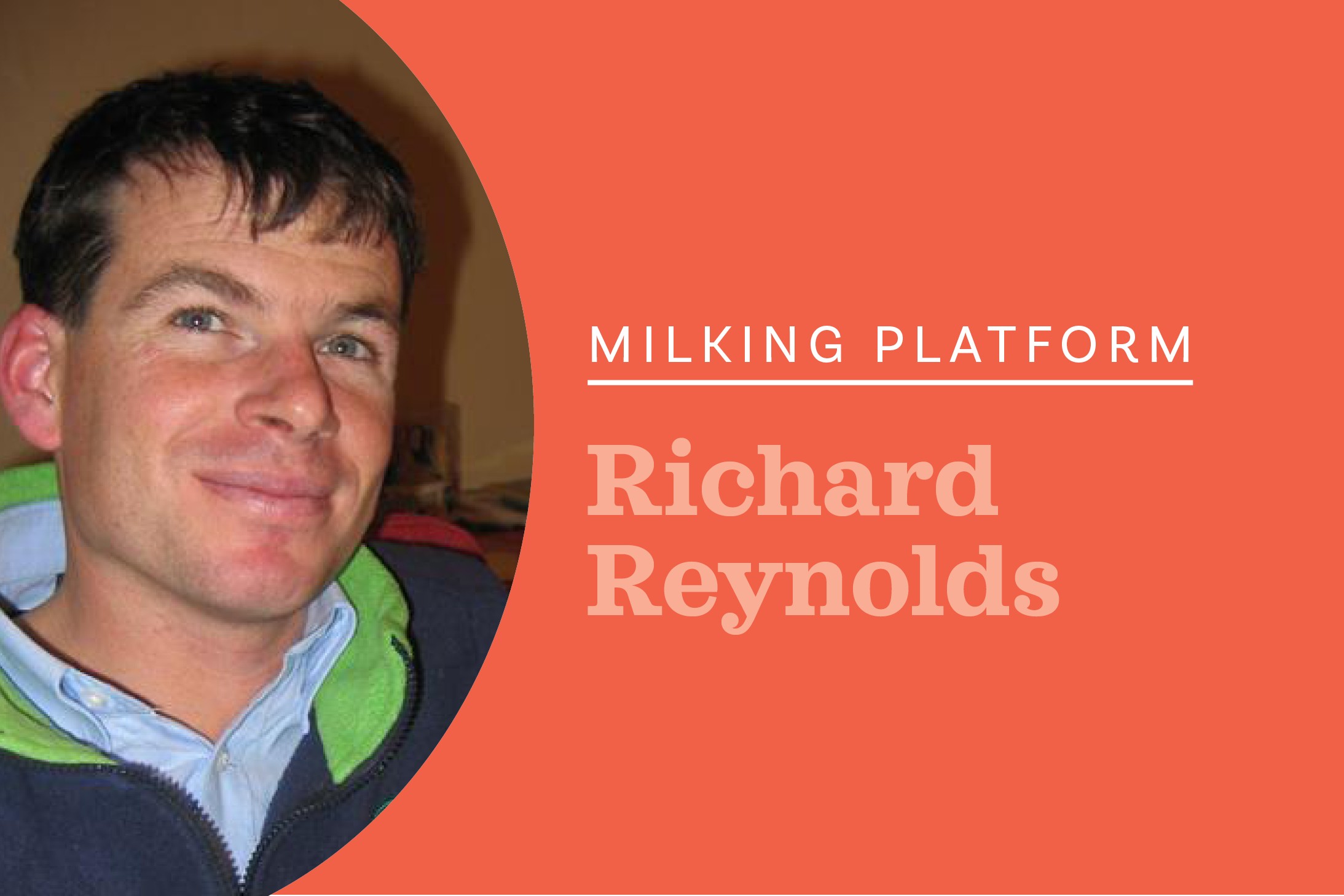With the big three increased costs of fuel, imported feed and fertiliser, Opotiki farmers Jess and Cam Lea have reassessed the financial side of their business.
The 2021/22 season brought many interesting surprises. We found ourselves still navigating around Covid restrictions, border closures and a short supply in staff. We also encountered the pressure of change in our farming practices, as the call for a greener New Zealand, along with climate change has seen many farmers stressing about what this means for the future of dairy.
An increased milk payout was a welcome sight, but as the payout increased, a lot of the costs inflated. Not only was this from global pressures as the cost of living has risen significantly, but we also have seen issues in supply chains, the wait times for feed and products impacting our businesses directly.
We have finished the season and now can reflect and look at the expenses from the last 12 months. Thanks to great accounting programmes and a good accountant, it is a relatively easy process evaluating where we spent our money and how it compares to previous years.
We find ourselves reassessing the profitability of costs that we deemed as a necessity in previous seasons and finding alternatives or changing how we use them. Our big three increased costs are fuel, imported feed and fertiliser. We do this monitoring to ensure we meet our short-term financial goals to achieve the final goal of farm ownership. It is also to help us adapt to changing circumstances of fluctuating milk prices and operating costs. Taking time to re-evaluate the companies we use for insurance, gas and power also plays a part in trying to keep costs down.
Along with evaluating the financial side of our business we find the dry period great to assess our whole business structure and focus on our staff’s goals, making training plans so we can see them get the most out of farming and formalising our operations. Catching up on the tasks that were put aside while we were busy but also finding the time to take a bit of time off, so our staff and ourselves can come in refreshed for calving, which is due to commence early July. It has been an interesting challenge going from being mentored to becoming the mentor.
I find myself thinking of my experiences and advice I have been given by my mentors and passing similar advice on to our staff and using that same advice to overcome challenges.
We are fortunate to come in to farming having built relationships with a great group of farmers around us. They have helped us grow our business and they are also happy to listen to our ideas and let us turn to them for advice. For that we are grateful to them and hope like our predecessors we can also inspire and mentor other generations coming in to farming. The best advice we can give to anyone wanting to advance in farming is to surround yourself with successful people, learn, grow, set goals and be open to a bit of change. Looking to this new season, we find ourselves in a strong position, in a great industry and the outlook where we take each challenge in our stride, knowing that we are getting closer to buying that first farm.





